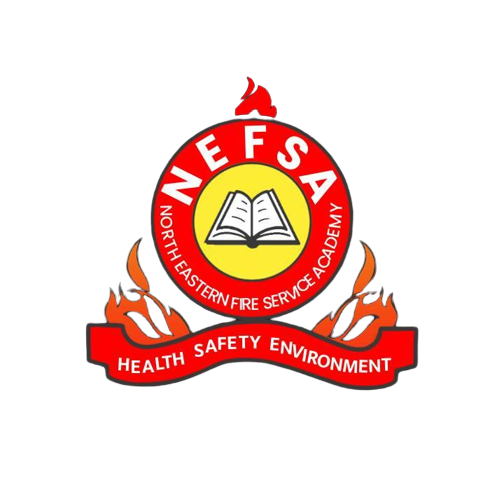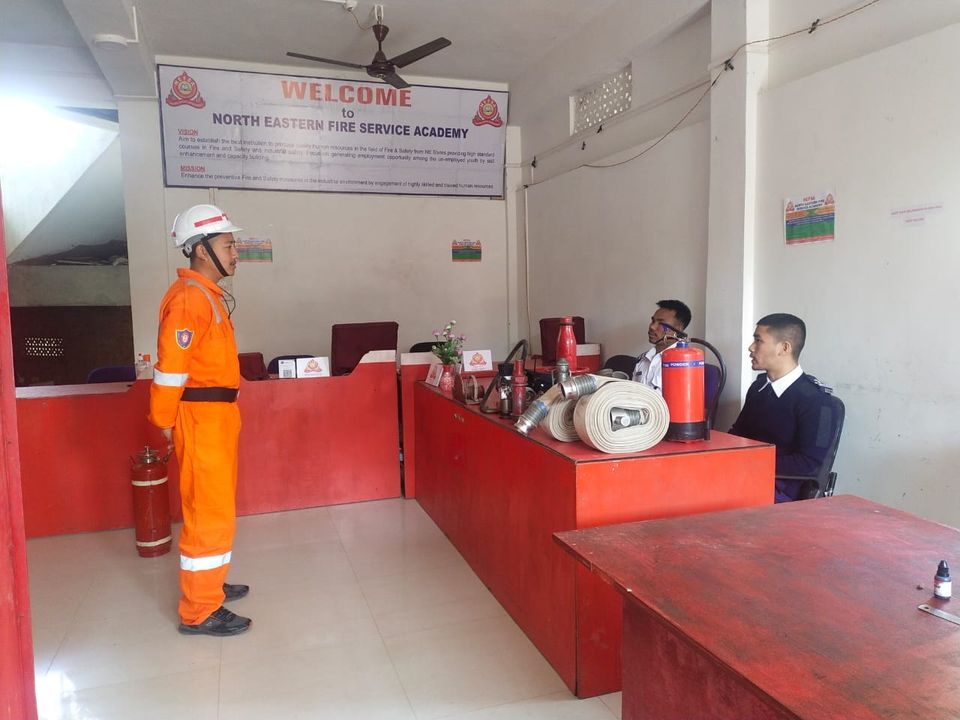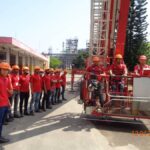In the transportation industry, where mishaps involving cars and infrastructure can have disastrous effects, fire safety is
a major concern. For students interested in a profession in transportation, NEFSA (North East Fire and Safety Academy) in
Dibrugarh understands the value of specialised training in fire safety. This blog discusses the value of fire safety in
the transport industry and how NEFSA gives students in Dibrugarh, North East, the knowledge and abilities to ensure public
safety in this vital industry.
-
Understanding the Risks in Transportation:
There are many different types of vehicles used in transportation, including pipelines, ships, aeroplanes, trains, and
automobiles. Students have a thorough awareness of the fire dangers related to different modes of transportation from the
NEFSA training programme. Students gain knowledge of possible ignition sources, combustible substances, fuel dangers,
electrical systems, and the particular difficulties that each type of transportation industry faces.
-
Preventive Measures:
To reduce the danger of accidents in the transport industry, NEFSA places a strong emphasis on proactive fire prevention
measures. Students receive instruction on how to spot potential fire hazards like fuel leaks, electrical issues, poor
maintenance, and inappropriate handling of hazardous items. They are taught the value of routine inspections, following
safety guidelines, and installing fire suppression equipment to put out fires before they start.
-
Emergency Response and Evacuation Procedures:
A prompt and efficient response is essential in the event of a fire or other emergency on a moving vehicle. Students
receive the specialised training they need to manage fire situations from NEFSA. They gain knowledge of the many kinds of
fire extinguishers and proper usage techniques. In order to ensure the safe and orderly evacuation of customers, crew
members, and employees, students are also instructed in evacuation protocols particular to transportation settings.
-
Fire Safety in Infrastructure:
Strict fire safety regulations are needed in transportation infrastructure, including airports, train stations, ports, and
highways. The training course offered by NEFSA is geared on instructing participants in fire safety procedures for transportation facilities. They get knowledge of emergency lights, fire alarm systems, sprinkler systems, and evacuation routes to make sure the infrastructure is prepared to handle fire situations and guarantee public safety.
-
Compliance with Safety Regulations:
NEFSA emphasises the significance of adhering to industry standards and fire safety laws in the transportation sector.
Students receive a complete awareness of the regional, global, and transportation-specific fire safety standards, rules,
and regulations. With this information, they can make sure that Dibrugarh’s transport infrastructures and organisations
follow the appropriate safety regulations.
Conclusion:
In order to ensure public safety and reduce the risks connected with accidents and crises, fire safety in transportation
is essential. Students in Dibrugarh, North East, receive specialised instruction from NEFSA so they can detect and prevent
fire hazards, react appropriately to emergencies, and encourage adherence to safety rules. By emphasising fire safety in
transport, NEFSA students help make Dibrugarh, North East, a safer and more secure transport sector, assuring the protection
of both passengers and professionals in the field. To join our academy click www.nefsaindia.com
To check more blogs click www.nefsaindiablog.com







